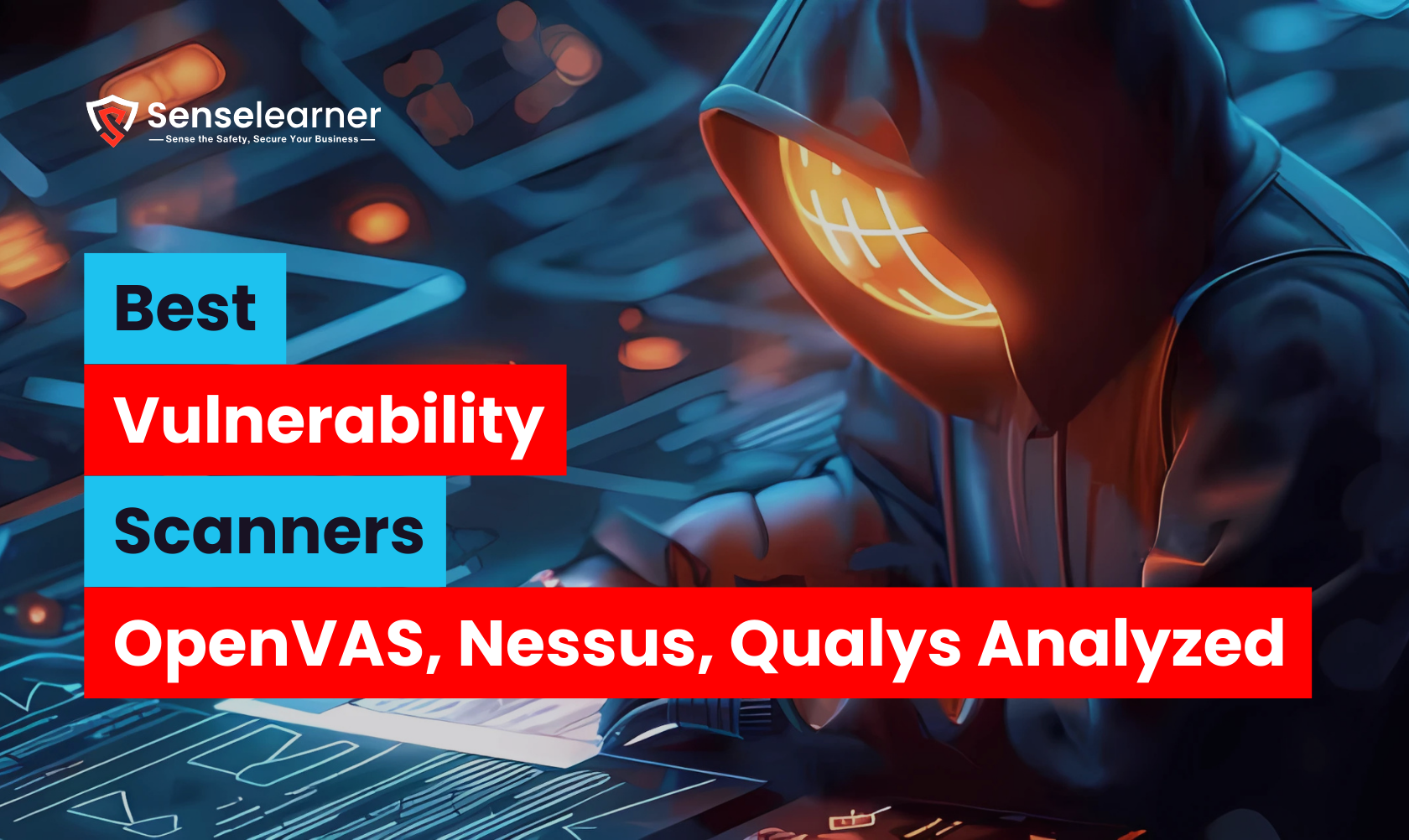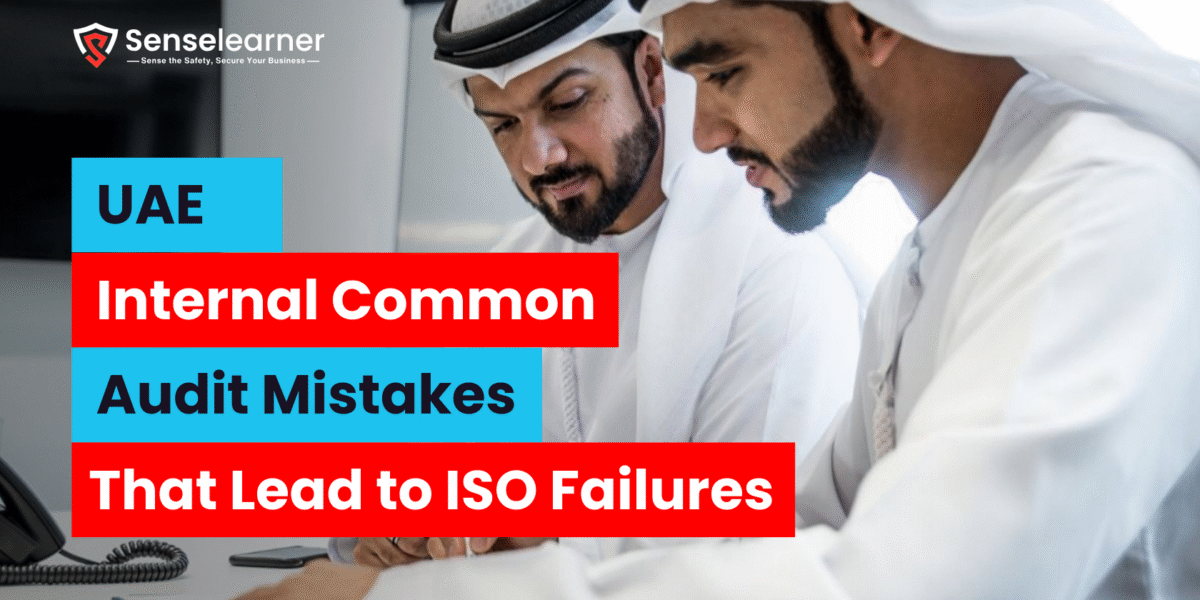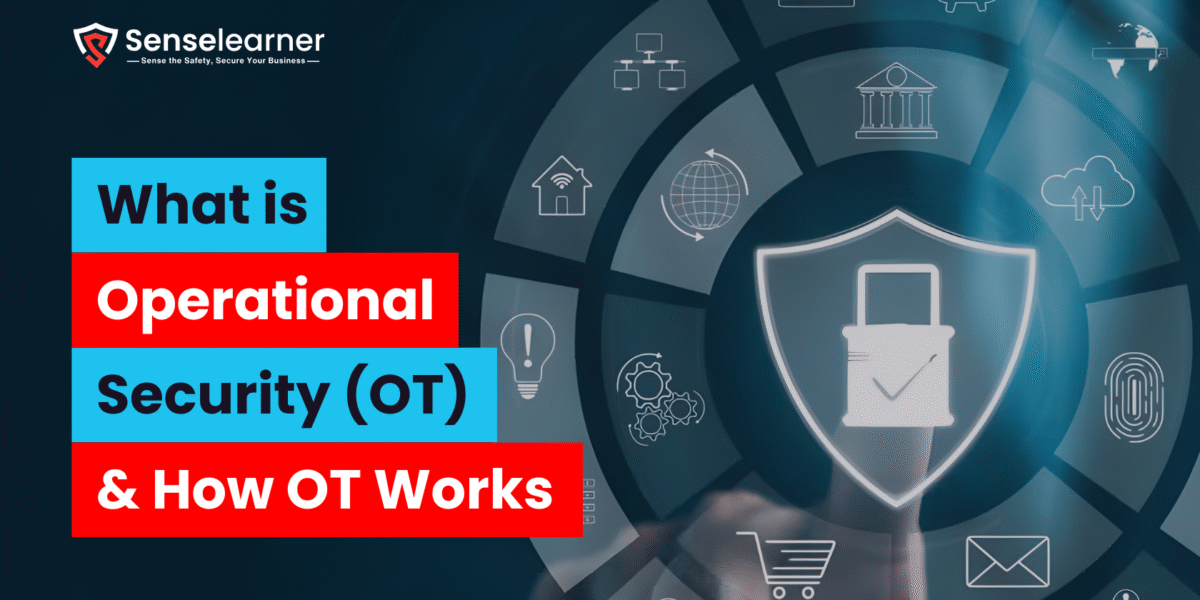Table of Contents
OpenVAS
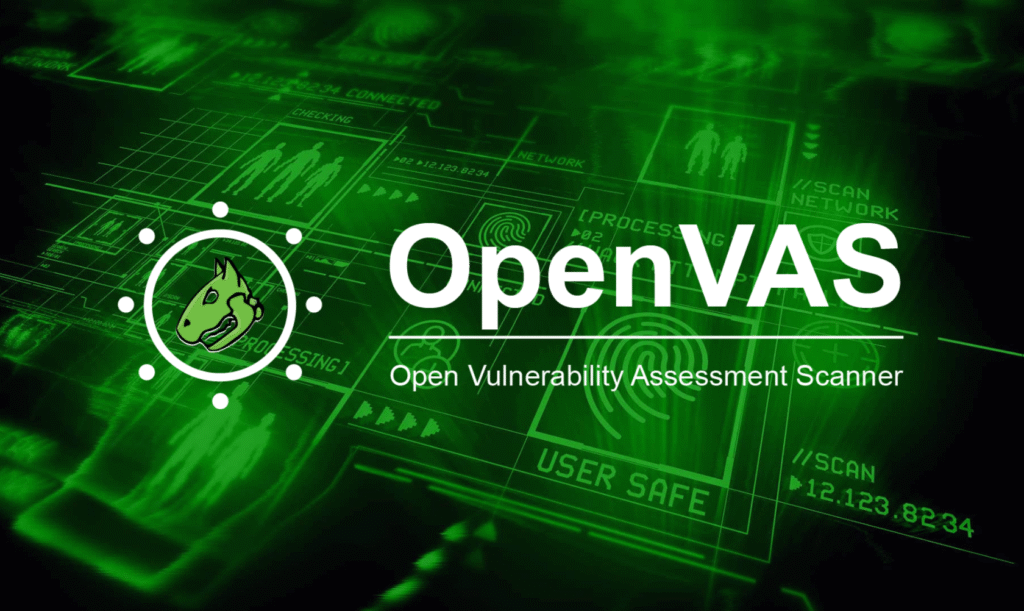
OpenVAS, also known as the Open Vulnerability Assessment Scanner, holds a vital position within the open-source cybersecurity sector. It is a comprehensive framework for vulnerability scanning that has undergone substantial development since it branched off from the original open-source Nessus scanner. It is created and supported by Greenbone Networks, OpenVAS offers a fully equipped, adaptable, and powerful solution for detecting security vulnerabilities in IT systems. While it is available at no cost.
Target Audience
Cybersecurity learners and enthusiasts this tool serves as an excellent resource for gaining knowledge in vulnerability scanning, network security, and ethical hacking, free from the financial constraints of paid software. Small and medium-sized enterprises (SMEs) with constrained budgets businesses that find commercial licenses too costly can utilize OpenVAS to establish a professional-level vulnerability management strategy. Organizations possessing substantial technical skills in-house companies with proficient IT or security personnel who can manage the installation, configuration, and continuous upkeep will derive the most benefit from OpenVAS.
Technical Comparison
Vulnerability Test Feed: OpenVAS relies on a Network Vulnerability Test (NVT) feed provided by Greenbone, which receives daily updates. While the feed available in the community edition is extensive, it might not offer the same instant zero-day coverage found in commercial feeds.
Deployment Model: OpenVAS operates as a self-hosted, on-premises solution that necessitates a dedicated physical or virtual machine for installation. The management of this solution is entirely in the hands of the user, offering full control over data and security, but also requiring the user to handle maintenance and updates.
Scanning Methodology: It conducts both unauthenticated and authenticated scans. The unauthenticated scans simulate the perspective of an external attacker, while authenticated scans utilize valid credentials to provide a comprehensive and precise evaluation of internal systems, identifying misconfigurations, missing patches, and security vulnerabilities.
Pricing & Licensing
OpenVAS utilizes a distinctive model that includes both free and paid options, offering to various user needs and resources, it is a free and open-source solution; however, understanding its complete capabilities requires a look at its different tiers and their respective costs.
The Free Tier: OpenVAS Community Edition: This version is what most individuals think of when they hear OpenVAS. It is an entirely free solution provided under the GNU General Public License (GPL), which means there are no costs for licensing. The “expense” involved pertains to an investment in human capital and resources. Users must handle the entire deployment process, including the technical expertise and time necessary for installation, configuration, and ongoing maintenance on their own infrastructure.
The paid tier Greenbone Enterprise Solutions: Greenbone Networks, the entity responsible for OpenVAS, provides a range of commercial products that build on the same open-source foundation but are offered as turn-key solutions. This paid tier adapts the open-source software into a product suitable for enterprises. Customers are charged a subscription fee or a product-based price that encompasses professional assistance. This significantly decreases the required technical efforts for deployment and delivers a dependable solution complete with Service Level Agreements (SLAs).
Read comparison between openVAS and nessus
Nessus
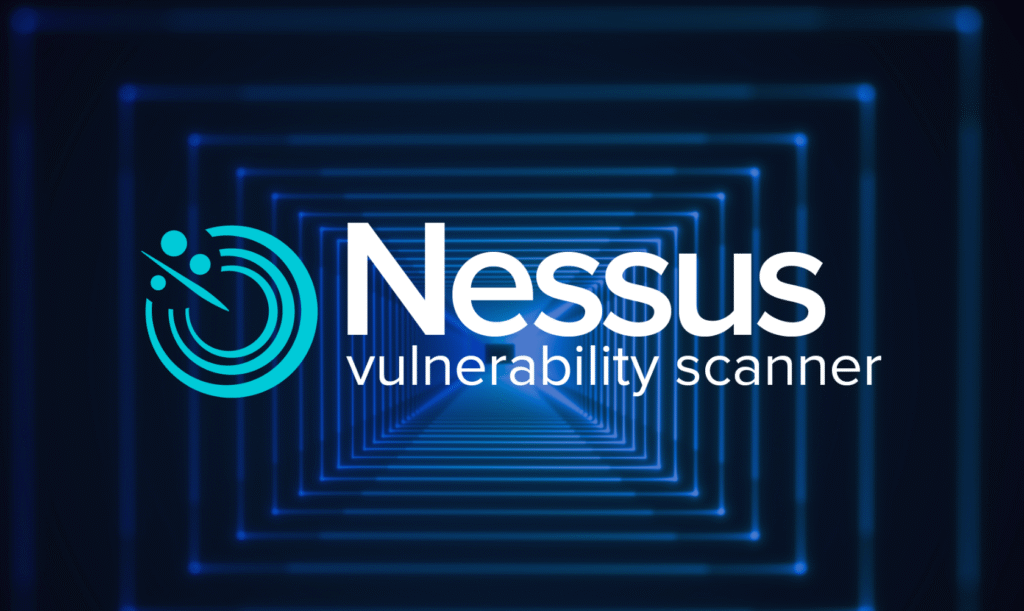
Nessus is a well-established and trusted tool for vulnerability scanning produced by Tenable. Initially launched as an open-source initiative, it evolved into a commercial offering, setting a benchmark in the cybersecurity field. Nessus is recognized for its precision and extensive coverage, utilized to discover vulnerabilities, configuration flaws, and compliance discrepancies across a diverse array of IT assets.
Target Audience
Security Consultants and Penetration Testers: Nessus is an essential element in a security analyst’s toolkit due to its reliability and robust reporting capabilities. It is employed to execute thorough vulnerability evaluations and penetration tests for various clients.
Small and Medium-Sized Businesses (SMBs): Nessus is frequently favored by SMBs seeking a dependable, user-friendly, yet powerful scanner that avoids the complexity and expenses associated with full-scale enterprise platforms.
Internal IT and Security Teams: Organizations implement Nessus to carry out regular and scheduled scans of their network infrastructure, servers, and applications, aiming to proactively discover and address security vulnerabilities before they can be exploited.
Technical Comparison
Vulnerability Feed: One of Nessus’s main technical advantages is its proprietary and highly precise plugin feed. This feed is continuously updated by Tenable’s research team and often offers coverage for new vulnerabilities within 24 hours. Its vast library, comprising over 100,000 plugins, contributes to a low rate of false positives.
Deployment Model: Nessus offers a versatile, on-premise solution. The scanner can be installed on a variety of operating systems, including Windows, macOS, and Linux, which allows users full control over how it is deployed.
Scanning Methodology: Nessus stands out in both unauthenticated (external) and credentialed (authenticated) scanning. The credentialed scanning method provides a more thorough and precise evaluation by accessing systems to identify missing patches, misconfigurations, and other internal vulnerabilities.
Pricing and Licensing
Cost Structure: Nessus uses a tiered commercial pricing structure that includes various version options.
Licensing: Tenable provides a free version known as Nessus Essentials, which allows scanning of up to 16 IP addresses. The primary paid offerings are Nessus Professional and Nessus Expert. These licenses are subscription-based and usually purchased annually, with prices varying based on the number of scanners or assets.
What Is Included: The subscription fee covers unlimited IP scanning (for the paid tiers), regular updates to the exclusive vulnerability feed, and access to Tenable’s dedicated customer support team. This model ensures reliability, precision, and support that free, open-source alternatives do not offer.
visit what is VAPT testing and it’s methods and importance.
Qualys
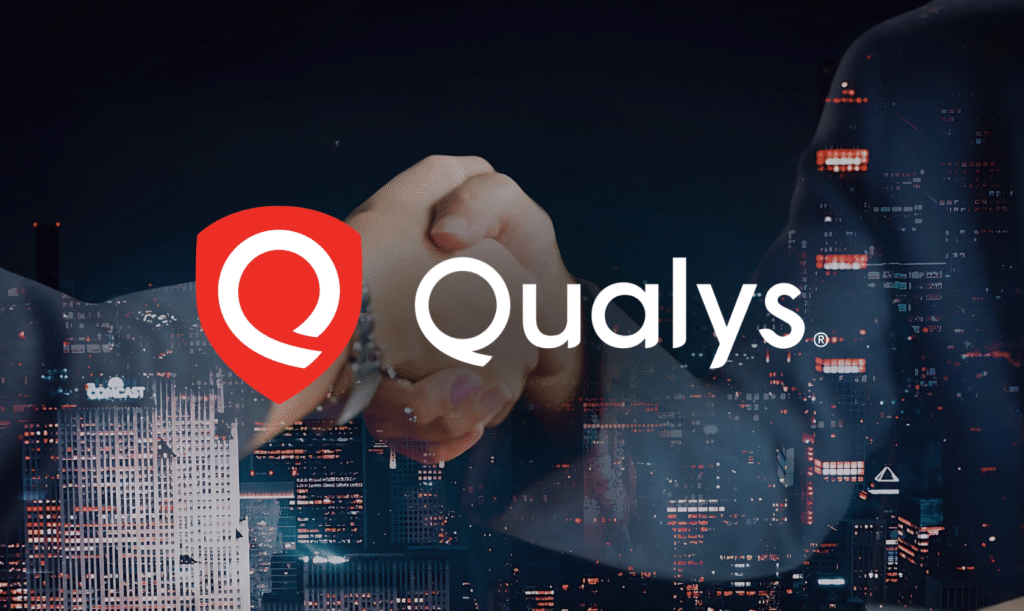
Qualys stands out as a prominent provider of security and compliance solutions delivered via the cloud. In contrast to traditional vulnerability scanners that are typically deployed on-site, Qualys was the first to introduce the Software-as-a-Service (SaaS) model for managing vulnerabilities. The platform aims to offer an all-encompassing, integrated perspective of an organization’s security posture across its full IT landscape, which encompasses on-premise, cloud, and mobile resources.
Target Audience: Large Enterprises with Complex, Distributed IT: Qualys is well-suited for multinational corporations managing thousands of assets across various data centers, cloud environments, and remote offices. Its cloud-native design facilitates large-scale management.
Organizations with Hybrid and Cloud-First Setups: It is especially effective for businesses that utilize a combination of on-premise infrastructure and substantial cloud resources, as its agents and cloud scanners can oversee all environments from one platform.
Managed Security Service Providers (MSSPs): MSSPs implement Qualys to efficiently provide security services to multiple clients from a centralized dashboard.
Visit Mobile App Security Testing, What is it & How to perform it
Technical Comparison
Deployment Model: Qualys functions through a cloud-native, SaaS model where the management console, data analysis, and reporting reside in the cloud. Scanning is conducted by lightweight agents or on-site scanning appliances, which relay results back to the cloud platform.
Scanning Approach: Qualys facilitates ongoing vulnerability monitoring with its cloud agents, which can be placed on a diverse array of assets. It conducts comprehensive, authenticated scans on both internal and external systems, such as cloud instances, containers, and web applications.
User Interface: The interface is crafted for use by large enterprises, offering a comprehensive dashboard view of security standings and a collection of modules tailored to various security requirements. Although powerful, the plethora of features may pose a challenge for new users to navigate.
Read secure your storefront adv e-commerce security services
Pricing and Licensing
Cost Structure: Qualys adopts a subscription-based, SaaS pricing model.
Licensing: Pricing is modular and based on the specific “applications” you opt to license (e.g., Vulnerability Management, Web Application Scanning), the quantity of assets being monitored (IP addresses, cloud instances, etc.), and the number of user accounts.
What You Are Paying For: The subscription fee grants access to the Qualys cloud platform, simplifying management and reporting. It includes all updates, threat intelligence, and the functionalities of the licensed applications. Qualys also provides a complimentary Community Edition that offers limited scanning capabilities for individuals and small teams.
What kinds of organizations should implement OpenVAS, Nessus, or Qualys?
OpenVAS is suited for learners, researchers, and small to medium-sized enterprises seeking a no-cost solution. Nessus is appropriate for IT security teams and larger organizations that require a dependable, supported vulnerability scanner. Qualys is most effective for large corporations that need scalable, cloud-based vulnerability and compliance management.
How do OpenVAS, Nessus, and Qualys compare from a technical standpoint?
OpenVAS is open-source and offers high customization but demands more manual configuration. Nessus is known for its accuracy, user-friendliness, and robust integrations but operates on a subscription basis. Qualys functions as a Software as a Service (SaaS) platform, delivering continuous monitoring, compliance tools, and scalability for both hybrid and cloud environments.
What are the differences in pricing and licensing among the three solutions?
OpenVAS is available for free under the GNU General Public License, with options for paid enterprise support through Greenbone. Nessus operates on a tiered subscription model, offering a free (Essentials) version as well as professional and enterprise editions. Qualys utilizes a subscription model that charges based on the number of assets and selected security modules.
Which vulnerability scanner is the top choice overall?
The “best” option varies based on specific needs—OpenVAS for budget-friendly flexibility, Nessus for precise and well-supported scanning, and Qualys for enterprise-level, cloud-based vulnerability and compliance management.
